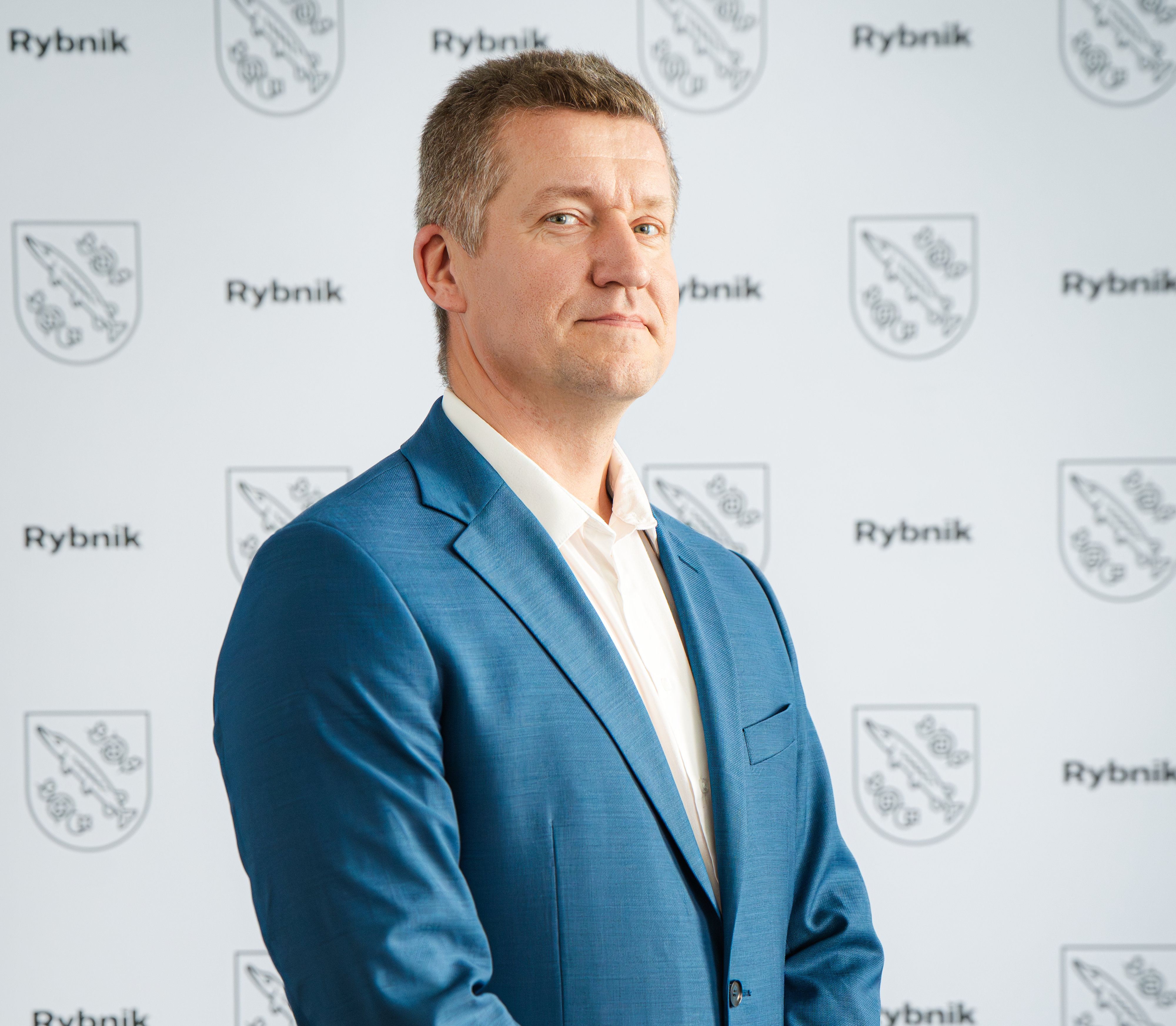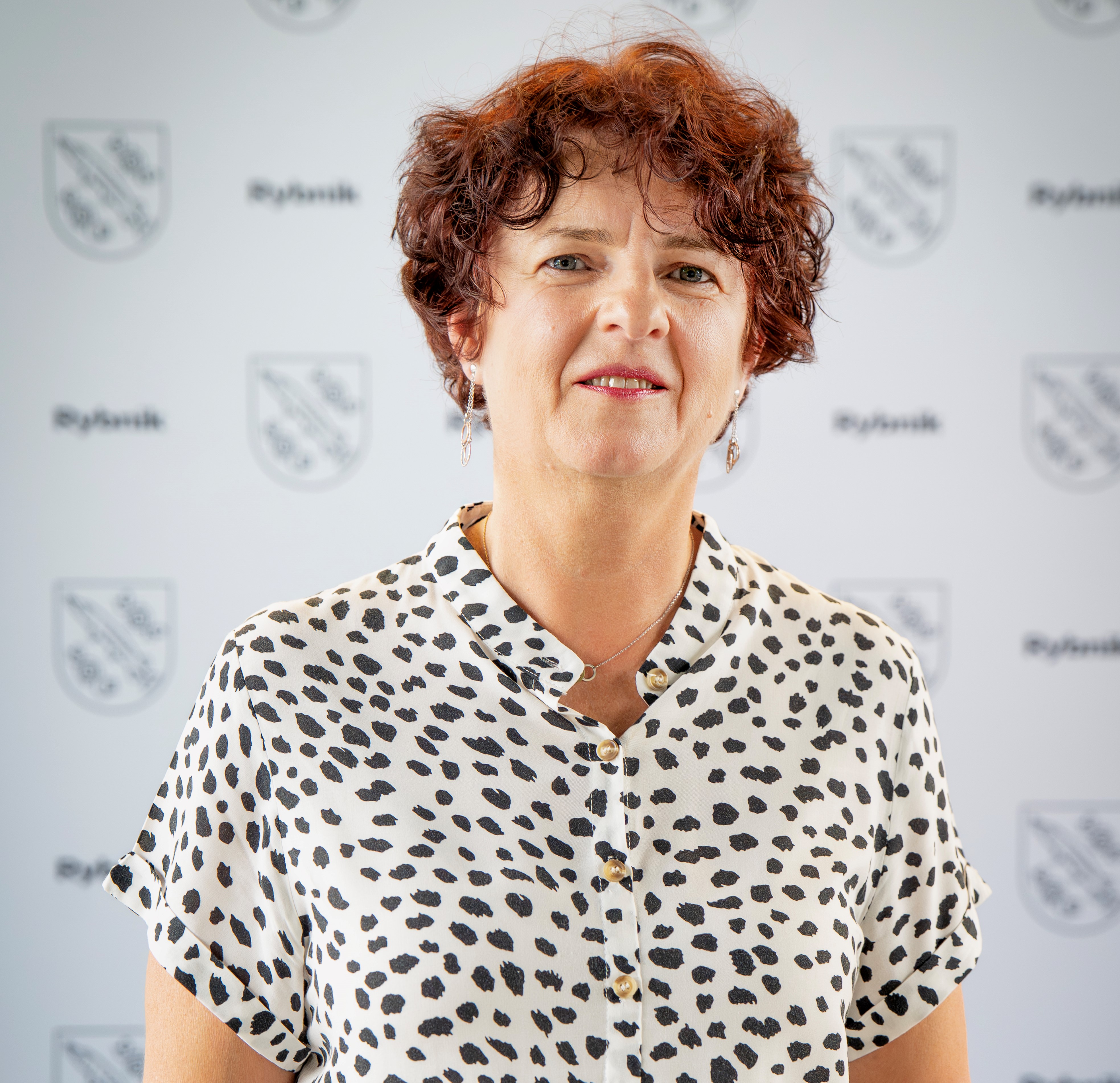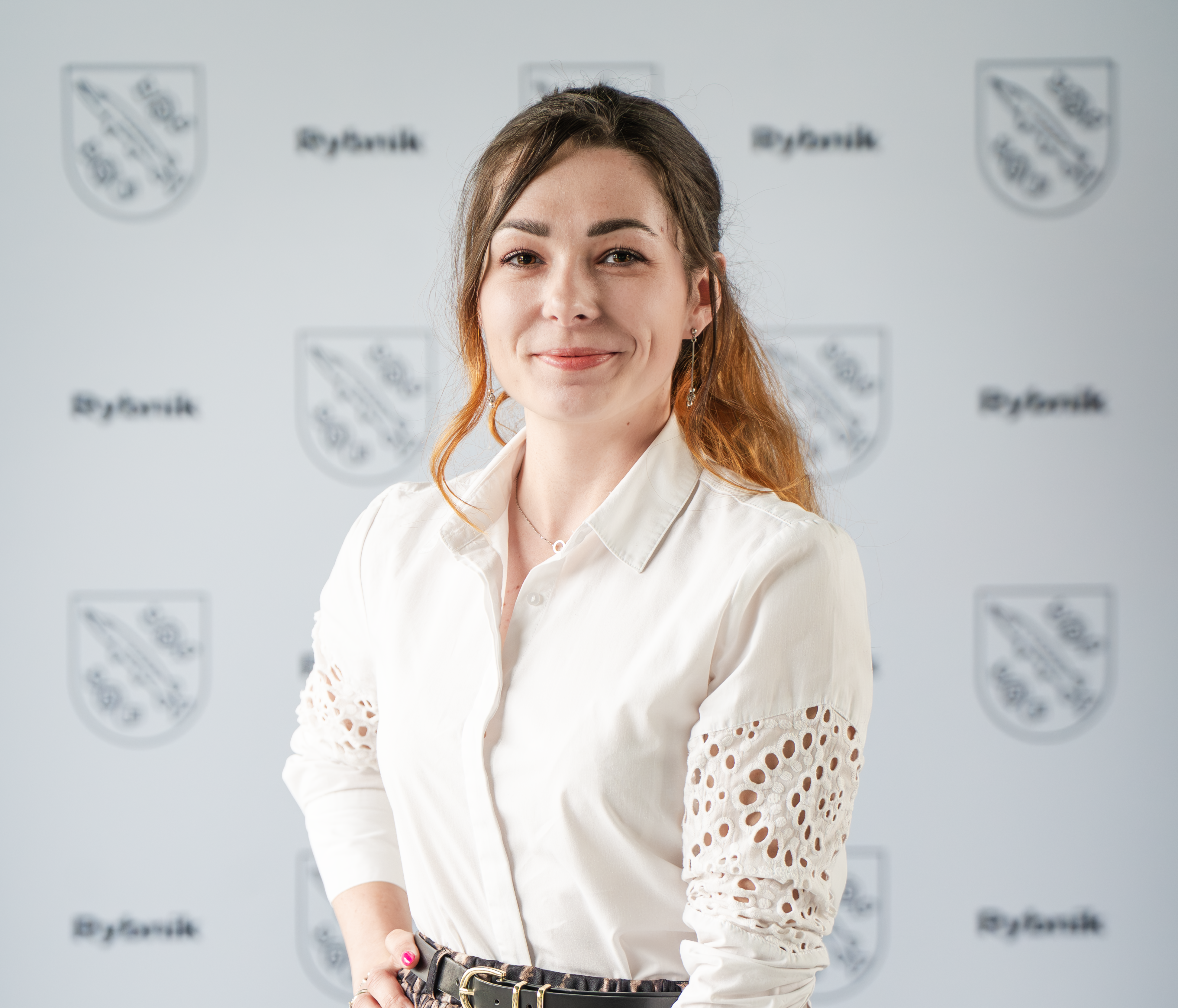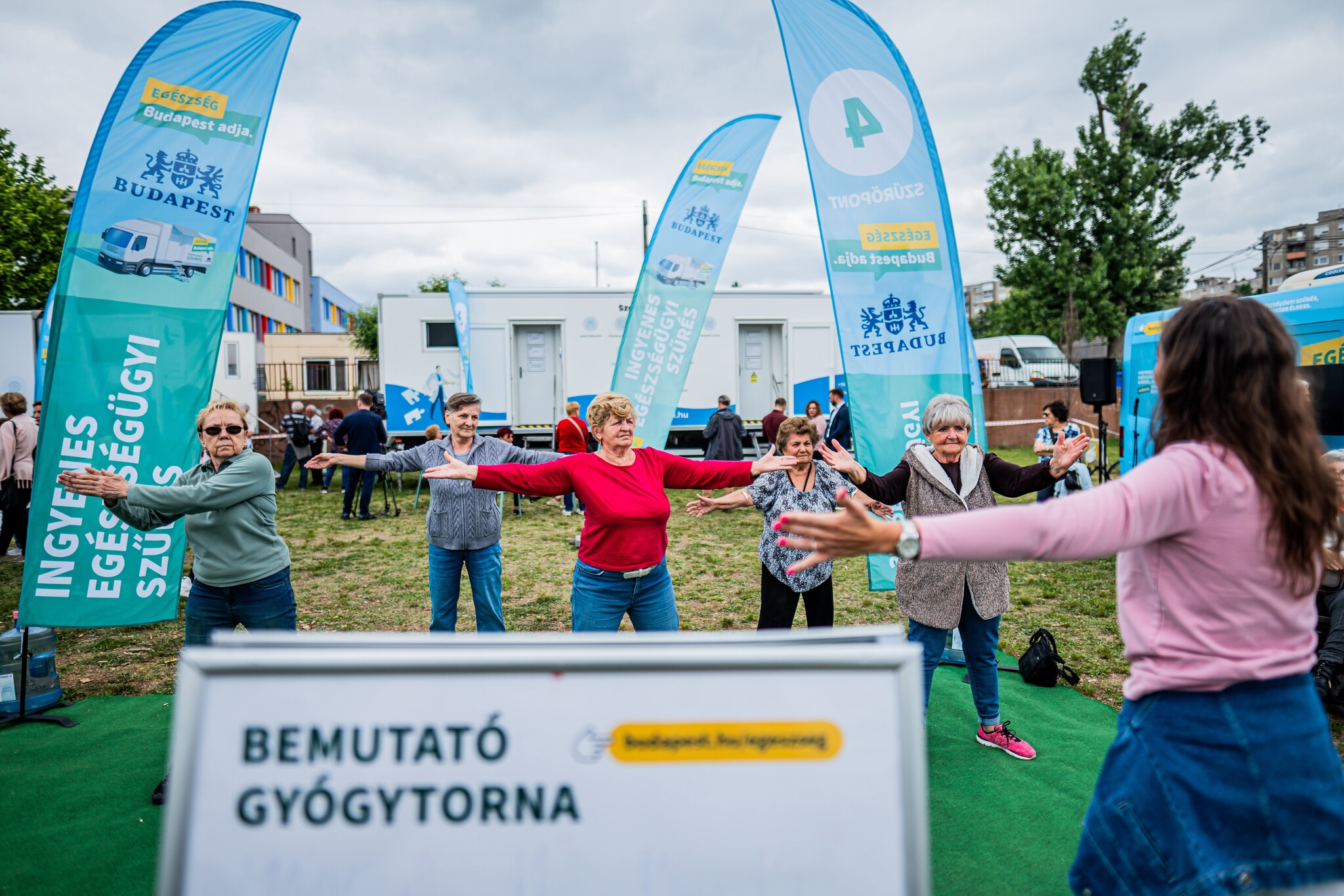
Rybnik’s Municipal Social Welfare Home uses AI to personalise senior care and predict health crises for better outcomes.
CHALLENGES IN LONG-TERM CARE FOR SENIORS
By 2050, 30% of Europe’s population will be over 65, driving an unprecedented demand for long-term care. However, staff shortages and fragmented care planning leave many seniors in social welfare homes—which operate outside Poland’s healthcare system—receiving medical attention only in emergencies rather than through essential preventive care. Nursing home residents often face polypharmacy (≥5 medications), digital exclusion, and post-COVID-19 health declines. Without comprehensive assessments, gaps in support persist.
AI-DRIVEN CARE PERSONALISATION
The Municipal Social Welfare Home in Rybnik has introduced AI-powered technology to enhance care by personalising care plans tailored to individual needs, predicting health crises for timely interventions, and optimising workflows to give caregivers more time for meaningful interactions. Using Bielik and PLLuM—Polish AI models—the system analyzes health and behavioral data to generate personalized care recommendations. AI alerts staff to early signs of health issues, improving care coordination, while AI-generated reports strengthen communication with families.
IMPACT AND FUTURE COVERAGE
So far, 114 residents have been covered with AI-assisted Individual Support Plans, with 56 more planned for 2025. The system saves 80 minutes per patient twice a year, freeing up valuable caregiver time for direct support and improving overall quality of care.










